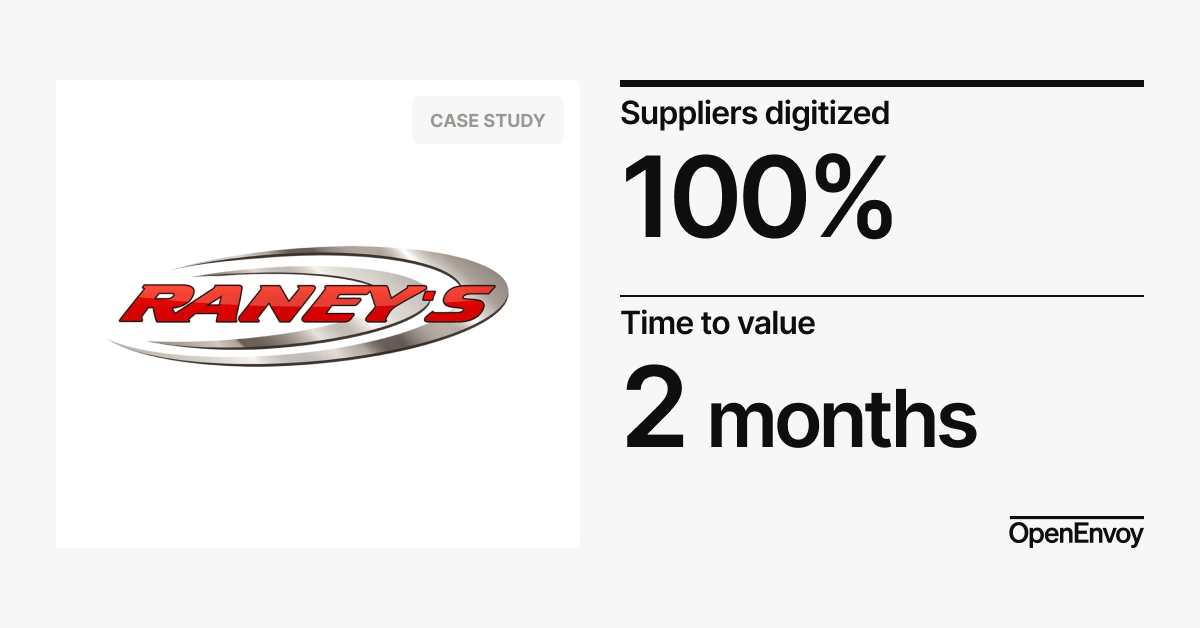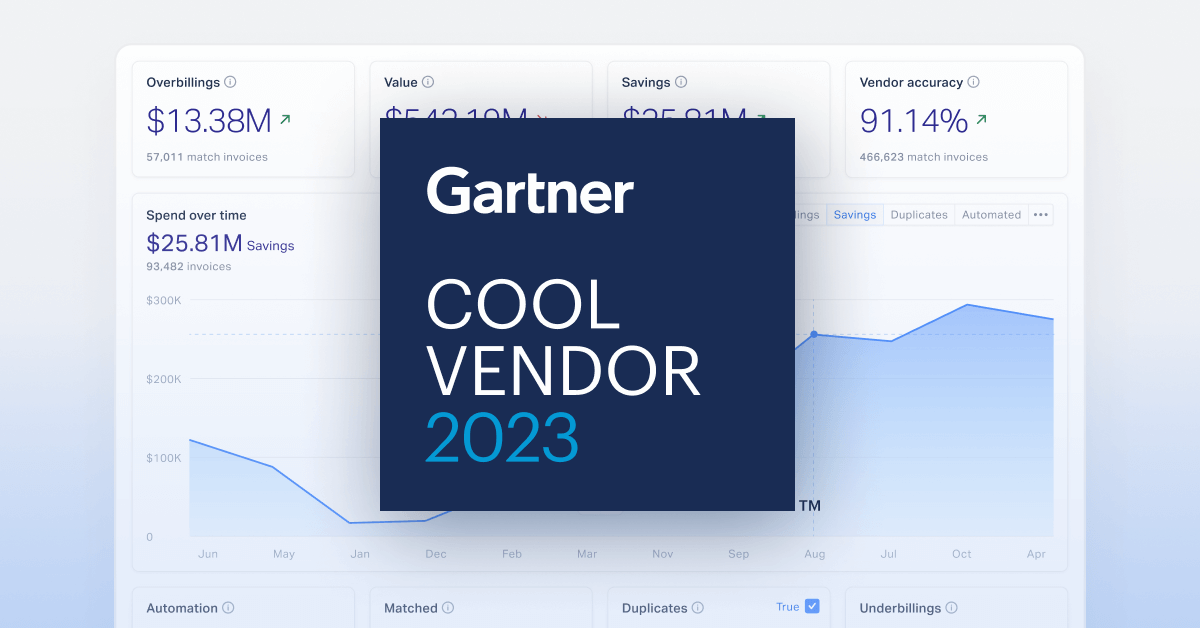

Payment fraud is an increasingly serious threat, particularly targeting companies with manual processes, weak internal controls, and outdated AP technology. Among the most alarming developments is the rise of deepfake fraud, where sophisticated technologies allow fraudsters to create fake invoices, replicate signatures, and manipulate payment requests with unsettling accuracy. These advanced attacks can easily bypass traditional defenses, leading to significant financial losses and irreparable reputational damage.
The Vulnerability of Finance Departments
A recent study highlights the critical vulnerabilities within finance departments. A staggering 48% of finance professionals, including CFOs, treasurers, and AP professionals, admitted they didn’t know how many times they’d been targeted by payment fraud attempts over the past year. Even more concerning, 51% of respondents were unable to quantify the financial impact of such fraud during that time. This lack of visibility is alarming, especially considering that financial planning and management are core responsibilities of these roles.
The issue is further compounded by the fact that nearly a quarter of those surveyed (23%) couldn’t accurately account for the number of technology solutions—such as ERP systems, vendor management systems, AP automation technologies, and AP fraud detection tools—involved in their payment processes. This fragmentation creates significant security gaps, making it easier for fraudsters to exploit vulnerabilities.
Who’s at Risk?
Organizations that continue to rely on manual oversight, disjointed processes, and outdated systems are at the greatest risk. These companies not only face the direct financial impact of fraud but also the indirect costs associated with eroding trust among vendors, partners, and customers. Deepfake fraud puts every member of the finance department at risk, from CFOs and controllers to AP leaders.
Who’s Safe?
On the other hand, companies with robust, AI-driven AP processes enjoy unparalleled protection against financial threats. These organizations have the visibility and control necessary to detect anomalies and prevent losses from deepfake fraud. In contrast, businesses clinging to outdated, manual systems remain prime targets. Implementing comprehensive, AI-powered solutions is no longer optional; it's a critical business imperative.
How OpenEnvoy Protects Against Deepfake Fraud
OpenEnvoy’s AI-First approach offers comprehensive protection against deepfake fraud by providing end-to-end controls and real-time auditing of all transactions. Leveraging this advanced technology, OpenEnvoy continuously monitors and verifies each transaction, effectively eliminating potential fraud gaps. This capability enables organizations to instantly detect anomalies, equipping finance teams with the visibility and control they need to respond to threats proactively.
With deepfake fraud on the rise, businesses can no longer afford to rely on outdated systems. OpenEnvoy’s AI-First technology provides the end-to-end controls and real-time auditing needed to safeguard your financial operations.
Serious about protecting your cashflow?














